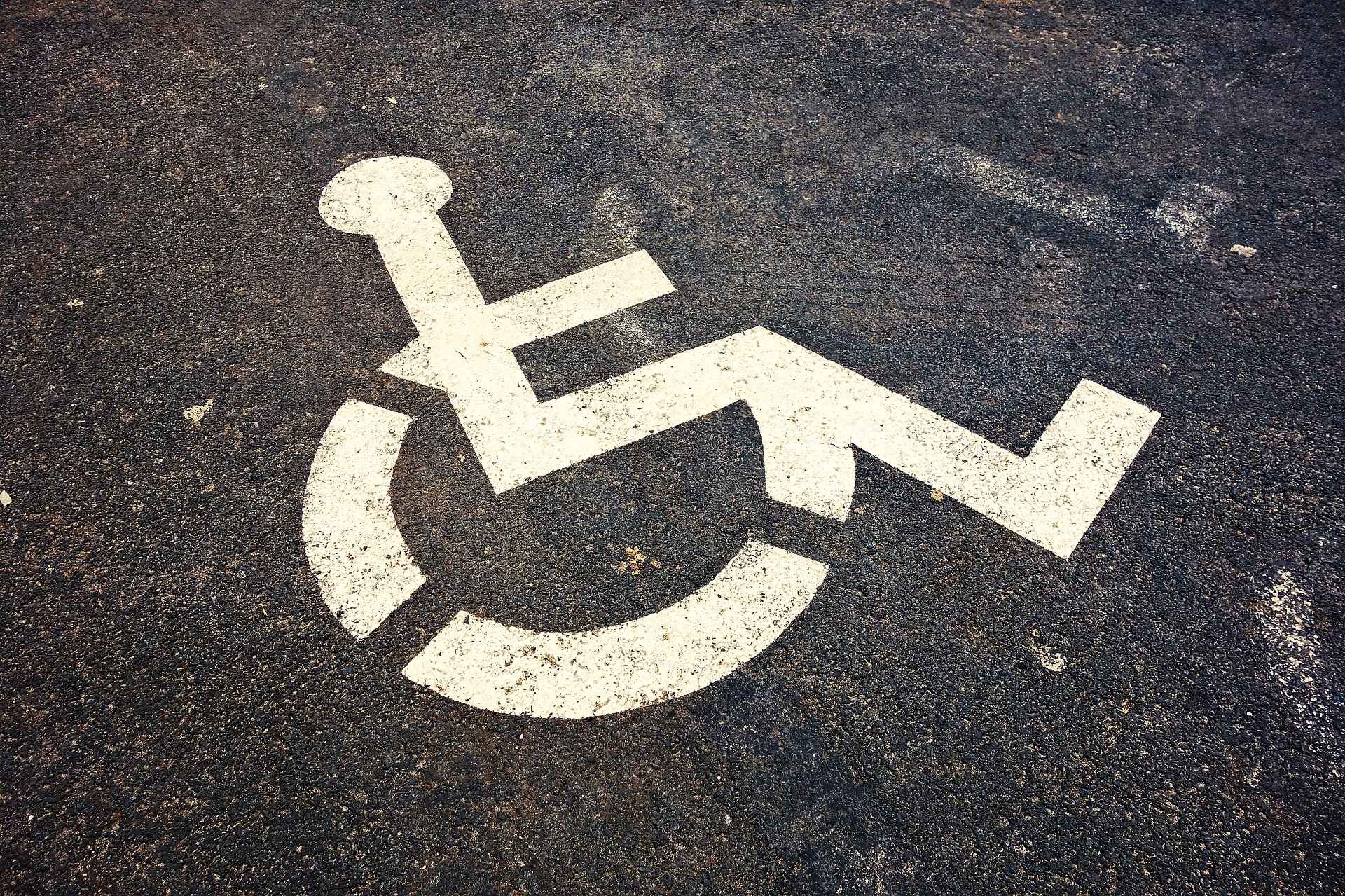
People with disabilities also buy things online. As such, it?s essential to take their experiences into account when designing E-commerce sites. Also, many places have laws that require accessibility for websites and online stores. For one, the UK has the Equality Act 2010, a law that obliges website owners to implement ?reasonable adjustments? to help people with disabilities. Because of this legal requirement, those involved in website development and business mentoring at Disabled Entrepreneurs and other companies in the UK are expected to be mindful of PWD needs. To avoid getting entangled with legal problems involving website accessibility, it helps to consider the following.
Make sure your website is compatible with assistive technologies
Windows and Mac OS already have accessibility tools. They can help individuals who have disabilities access and use websites, provided that these websites are not made too differently. Web designers always have the urge to try something new or something that stands out. However, they should not do this at the expense of losing compatibility with OS-integrated accessibility tools.
Provide accessibility features native to your site.
If you don?t want to rely on OS accessibility features, you can add your own tools. The basic set should include the following:
Use third-party accessibility solutions.
There are solutions supplied by third-parties that can help address accessibility needs. They can automatically enable accessibility by merely inserting a line into the website?s code. Be meticulous in deploying these solutions, though. Some may create issues.
Accessibility for e-commerce sites or any other website is not just a matter of attracting PWD customers. It is a legal obligation, so it?s imperative to go over accessibility guidelines when completing any website project. It?s not only inconvenient to be involved in any accessibility case; it can also damage business reputation.
